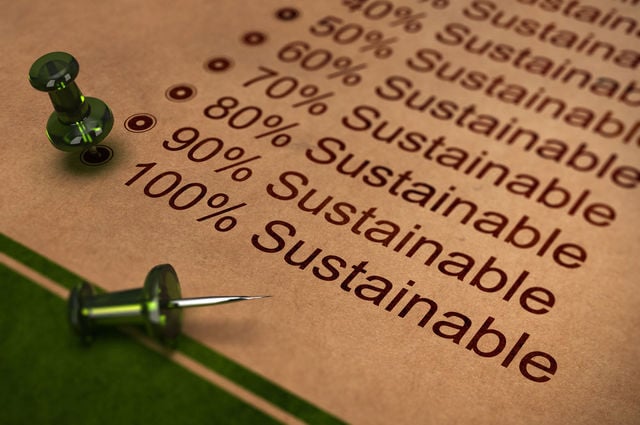How can sustainability be communicated beyond clichés and greenwashing?
31 experts shared their view
Both clichés and greenwashing are amongst the biggest traps to fall into when communicating sustainability. A "let's save the world" claim and tacky towel policy stickers are superficial and unappealing and could be a turn-off to the small group of environmentally and socially-conscious consumers. Green certification and lengthy, detailed corporate sustainability reports may (potentially) be of interest to a small niche group of highly activist consumers, who may not buy into that type of corporate hospitality in any case. However, there is a growing number of informed travelers: Those in search of genuine wellbeing and meaningful experiences at no (or as little as possible) cost to the planet. What works and what doesn't work in communicating sustainability? Any recommendations in regard to communication entering this critical decade?
First of all, you have to be serious about your sustainability efforts. So, start with an analysis to find out in which areas you need to change or improve most urgently. In a strategy, you define the plan for implementation and determine the effort required for the necessary steps. Focus on the areas where you can really make a difference - for example, the infrastructure of the accommodation - rather than making the customer give up certain amenities, such as not having the hotel towel washed every day.
Then, communicate your efforts or future realizations sincerely and target group-specific. For this, you need to know your target group. Who you address determines the way you communicate and promote sustainability. The personal benefit to be expected from booking a hotel varies from person to person. Some people feel satisfaction when they help others and protect the environment, others feel good by indulging themselves. It is wrong to address only altruistic aspects of sustainability, which are then set in contrast to economic aspects. Economics is one aspect of sustainability. It must be avoided to show the customer a renunciation. Rather, the individual and personal profit that can be achieved through a sustainable business should be shown.
Overall, certificates and labels are not subject to any internationally binding guidelines. They can give the customer an indication that the accommodation could be sustainable but remain unclear due to their diversity and opacity. A real guarantee is therefore what the customer sees. As soon as the customer's attention is focused on sustainability, he or she will check this. If, for example, the beach hotel's fire show consumes gasoline all night long or the lighting is not equipped with a motion detector, all other information on sustainability is invalid, as the whole communication is not trustworthy and has a negative impact on the reputation.


